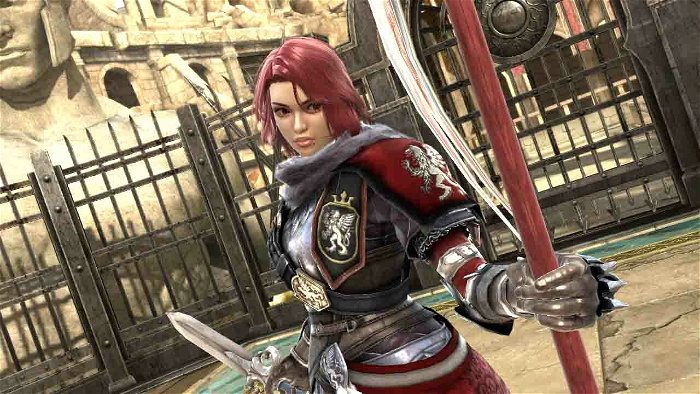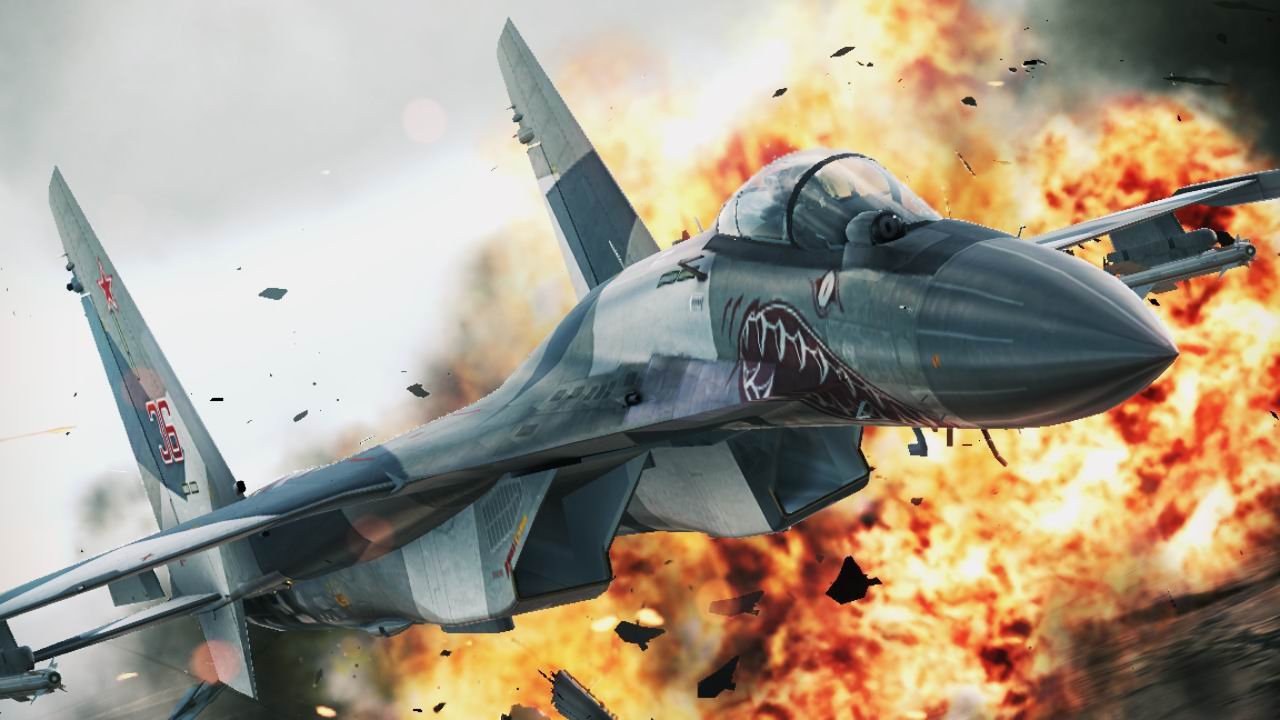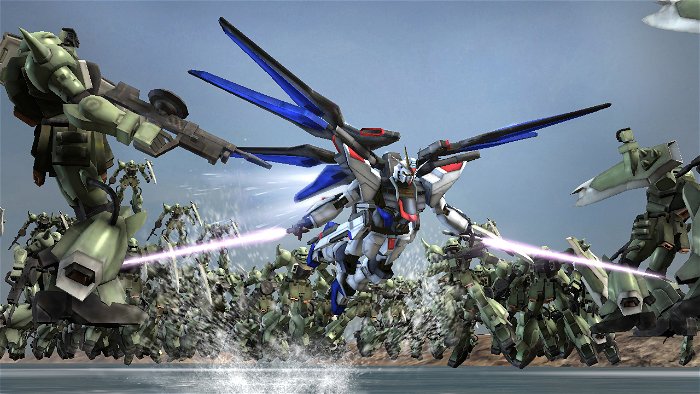Bandai Namco, once known as just plain ol’ Namco, has been undergoing something of a transformation over the last few years. That shouldn’t be much of a surprise considering the former game-only company merged with Bandai, one of the biggest toy companies in the world. Back in the day, Namco was known for a few key franchises that kept gamers coming back, such as Ridge Racer, Ace Combat and fighters like Tekken and SoulCalibur.
These days, however, they’re just as likely to release a Gundam, One Piece or Sword Art Online game, and, in fact, they have. Because of the sudden access to all these intellectual properties that being attached to a media giant like Bandai affords, the old Namco has gone from being one of a few Japanese game developers to being an Otaku Ambassador to the West, bringing many names familiar to anime fans, and pumping them out in game form.
As to be expected from a move like this, it doesn’t matter whether it’s Asia or the America, when a game is based on a licensed property, the odds are good the game won’t be amazing. Of course, there are rare exceptions to this rule, but for every Arkham Asylum that a studio gets right, there’s a Superman 64 or Aliens: Colonial Marines waiting in the wings to confirm everyone’s most cynical suspicion. Games based on properties are rushed out the door to cash in on fan goodwill, rather than a strong game that plays well and stands on its own.
“Games based on properties are rushed out the door to cash in on fan goodwill, rather than a strong game that plays well and stands on its own.”
The games Bandai Namco (Or “Bamco” if you prefer) put out based on anime properties are not up to the quality of their “real” high profile franchises. On the one hand, you have something like SoulCalibur which is still highly regarded as a fighting game series among gamers. On the other hand, you have the One Piece game, which, while great for One Piece fans, is a mediocre brawler/platformer with average mechanics that relies more on its fan familiarity than any great game design. The is particularly true of Dynasty Warriors: Gundam Reborn, which takes incredibly formulaic Dynasty Warriors game concept and simply adds a coat of Gundam paint to the DW engine, cynically coasting by on fan love rather than trying to create something new.
In some ways, Bandai Namco has now moved into the same position that THQ once occupied for many years in the gaming industry. THQ was the licensed property game publisher, cranking out games based on everything from Pixar properties such as Bug’s Life to popular kid’s shows like SpongeBob SquarePants and wrestling games in WWF/E era. Now Bandai Namco does the same, but for Japanese properties, thanks to the growing pseudo-Otaku culture in North America. The best part of their job is now that fans actively prefer properties in their original Japanese form, it’s not even necessary to dub the games in English. Recent games like Sword Art Online: Hollow Fragment, One Piece: Unlimited World Red and Jojo’s Bizarre Adventure: All Star Battle, all go the easier route of subtitling the original Japanese dialog. It’s cheaper to do this, and, if you’re appealing to a niche audience with very specific, Japan-o-phile tastes, probably a consumer friendly decision.

This streamlined approach might not necessarily be a bad thing, except for the fact that Bandai Namco is aiming low and only catering to existing fans. The games they choose to bring over from Japan are—like the older THQ games—made with a minimum of care, and a focus more on established fans. That’s fair since even most Western games based on an existing franchise do the same thing. But it ignores the fact that if a game concentrates on being as good as possible, and positions itself as a “gateway drug” to the franchise in question, then the market can grow, and so can profits. No one needed to keep up on the latest DC universe happenings to enjoy Batman: Arkham Asylum, for example, and it was the stellar gameplay that hooked most gamers, while actual Batman fans went over the moon with specific references for their eagle eyes. The main plot, however, did not assume intimate knowledge with the property, so everyone could enjoy the adversarial relationship between the Batman and the Joker, without necessarily having read The Killing Joke to appreciate what was going on. Compare this with the required knowledge of Asuna and Kirito’s Sword Art Online relationship in the game equivalent, and you begin to see little effort has gone into trying to attract a new audience. And that’s a shame, because there’s a lot of good anime out there that deserves to be watched by more than existing fans. A good game could be one more way to bring more new fans into that fold.





